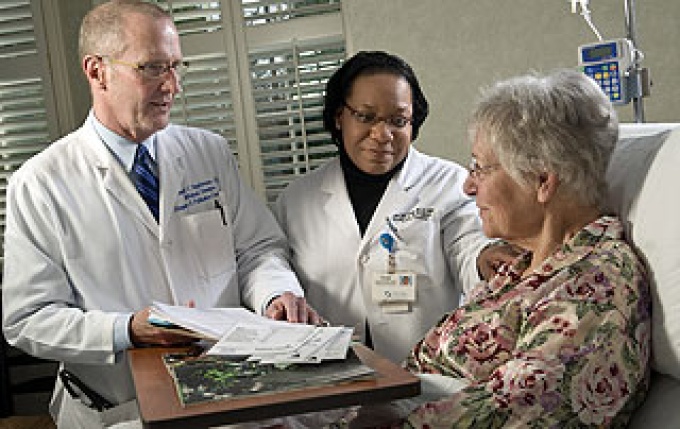
What to do if your loved one is depressed
Depression in older adults is very common. It is also very treatable. If you suspect depression,…

Getting paid to care for Mom or Dad
Many families choose to have a family member care for an aging parent. It seems like the "natural"…
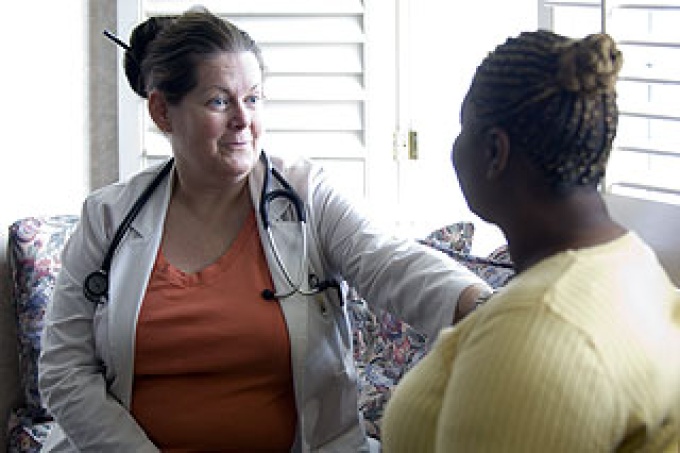
When Depression Goes Untreated
As Bette Davis said, "Old age is no place for sissies." Aging often brings loss and change. Usually…

Shifting focus in a tough situation
For most family caregivers, frustration and guilt are common, as is anxiety. These feelings are…

Coping with another person's pain
When your family member is in pain, you are suffering too. The "mirror neurons" in our brains are…
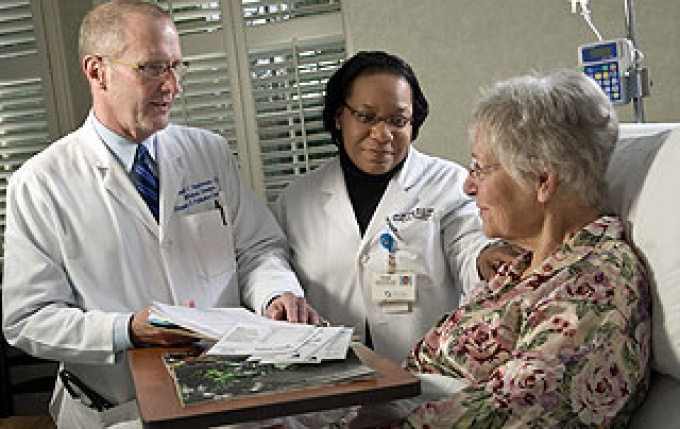
Artificial Nutrition and Hydration at the End of Life
Wednesday, January 30, 2013 12:00 – 2:00 PM Artificial nutrition and hydration (ANH) can be a…
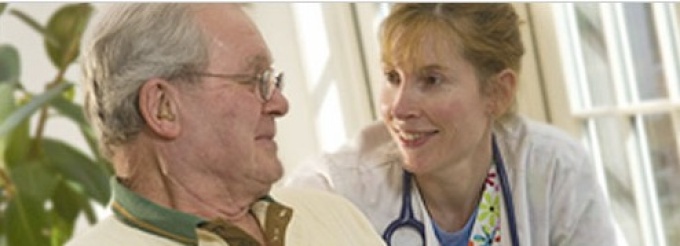
Choosing a complementary medical practitioner
Is Mom considering an herb-based remedy? Or perhaps you're wondering if acupuncture could help Dad…
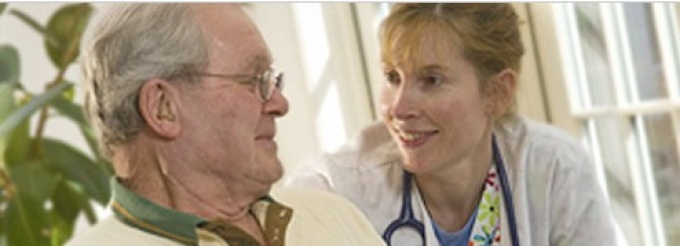
Tips for air travel
Is your older relative traveling by air anytime soon? Use these suggestions for an easier, less…
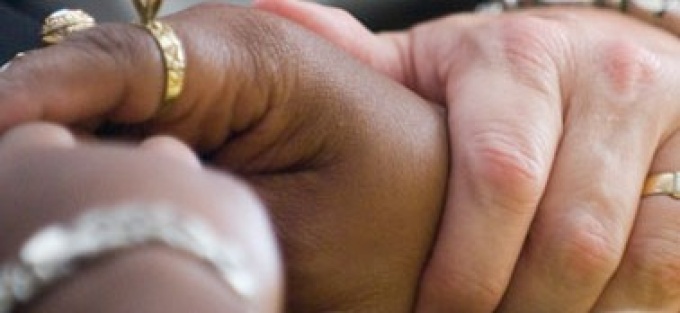
Difficult questions...
As we face our mortality, whether death is in fact weeks or decades away, we inevitably come up…